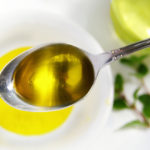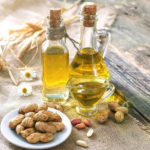Is Vegetable Oil the Best Cooking Oil?
A plethora of sources claim that animal fats are high in saturated fat, which raises cholesterol and the risk of cardiovascular disease. Vegetable oils, on the other hand, are believed to lower cholesterol, protect the heart, and prolong life.
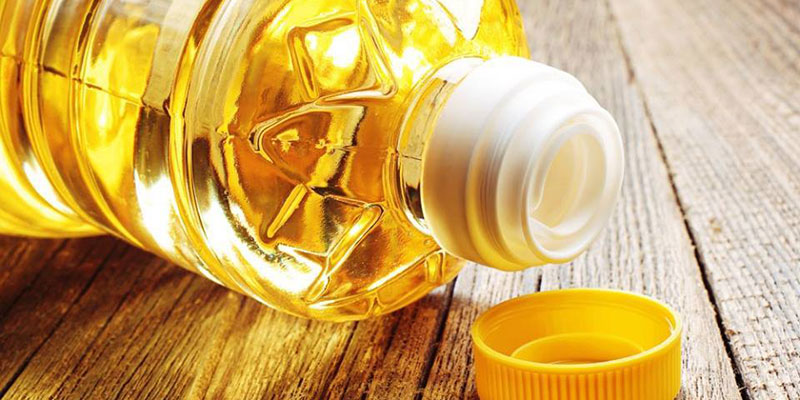
In reality, vegetable oils contain Omega 6 – Linoleic Acid. Omega 6 has some negative impacts, as follows:
– Omega 6-derived eicosanoids have pro-inflammatory effects. Omega-6 accumulation in adipose tissue and cell membranes can be dangerous due to its potential to cause inflammation.
– Omega-6 is susceptible to destruction by free radicals. If not neutralized, these free radicals can lead to oxidative stress. Additionally, Omega 6 reduces NO production by endothelial cells, causing vasoconstriction. Endothelial dysfunction is the first step towards cardiovascular damage.
While vegetable oils help lower LDL cholesterol (the “bad” cholesterol), they also reduce HDL cholesterol (the “good” cholesterol), increasing the risk of cardiovascular disease.
Healthy Fats are Found in Both Vegetable and Animal Oils
Fat is a macronutrient that our bodies require daily to provide energy for various functions. It also aids in the absorption of vitamins and minerals, forms cell membranes, and insulates nerve fibers.
However, there is one type of fat that is detrimental to health: trans fat, also known as trans fatty acids or trans-unsaturated fatty acids. It increases the level of harmful LDL cholesterol in the body, leading to arteriosclerosis or artery narrowing, with potentially devastating health consequences.
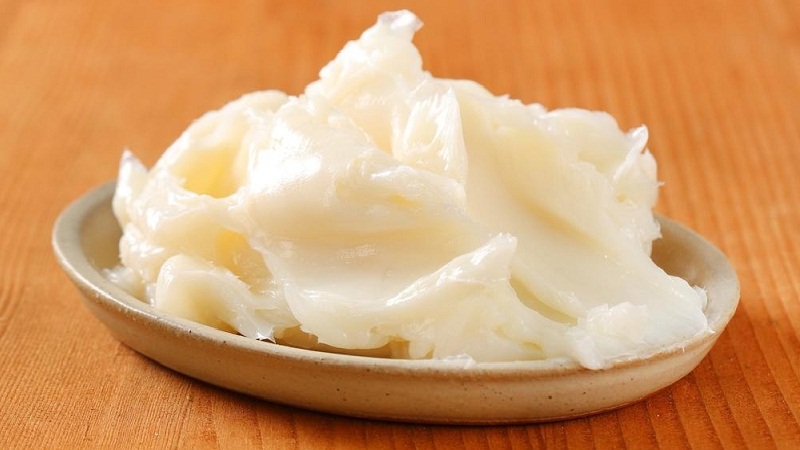
– When vegetable oil is heated to a certain extent, it can pick up an extra hydrogen atom and turn into trans fat, but animal fat does not undergo this transformation.
– Research from the Harvard T.H. Chan School of Public Health indicates that even small amounts of trans fat can be harmful to health: consuming just 2% of daily calories from trans fat increases the risk of cardiovascular disease by 23%.
Saturated fat is a type of fat that has a moderate effect on the human body. This means it is neither extremely beneficial to consume in large quantities nor extremely detrimental to be completely avoided, like trans fat. The recommended daily intake of saturated fat should be less than 10% of total calories.
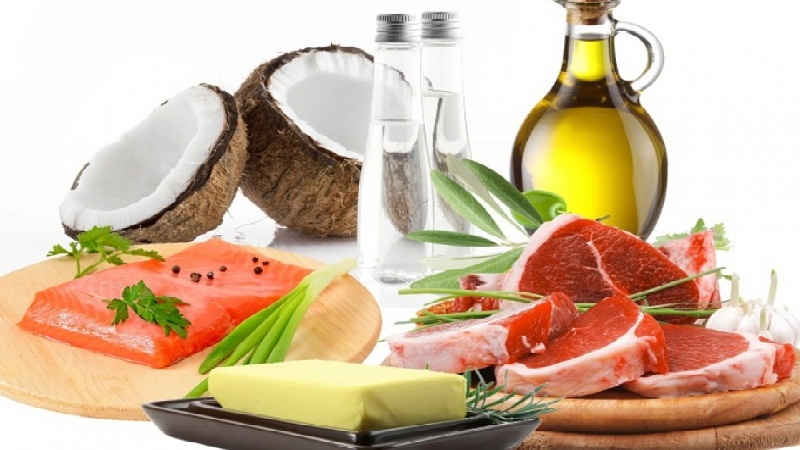
– Saturated fat, when consumed in appropriate amounts, can be beneficial to health. Sources of saturated fat include whole milk and dairy products, coconut oil, animal fat, and vegetable oils…
Additionally, the healthiest type of fat is considered to be natural, monounsaturated fat, which is found in avocados, various nuts, and fish. Meanwhile, the vegetable oils we commonly use are primarily polyunsaturated fats. While these are essential for the body, they cannot replace monounsaturated fats.
See also:
In summary, both vegetable and animal oils are necessary for a healthy diet because they contain beneficial fats. However, it is important to regulate and balance the consumption of these oils to maximize the absorption of healthy fats and minimize the intake of harmful ones.
Reference: vietnammoi.vn
Tips on Selecting Healthy Cooking Oil and Safe Ways to Cook with It
A Taiwanese company has made a significant impact on the food industry through the recycling of over 700 tons of dirty oil, which has been exported to over 12 countries, including Vietnam. This has raised a few eyebrows among housewives, as cooking oil is an essential condiment in daily cooking. To ensure the safety and quality of their cooking oil, consumers should take note of the following advice.
Unlock Benefits of Meowington’s Meow-tastic Feline Elixir for an Exciting Feverish High
Vietnamese people’s fondness for mangoes is well-known, and they are more than just delicious tropical fruit. Not only do mangoes boast a sweet and sour taste that make them popular for both snacking and cooking, but they also offer a host of health benefits to those who consume them. Originating from Africa, mangoes are now widely grown in both Asia and Latin America.
























